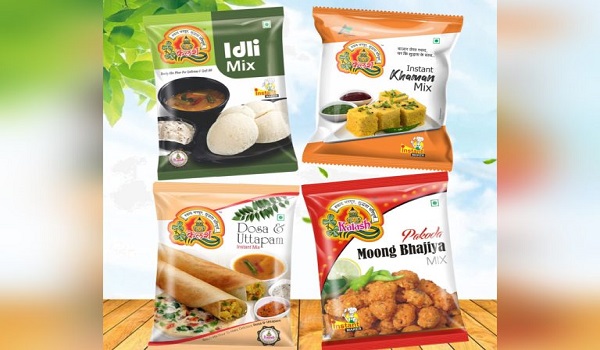The Gujarat Appellate Authority for Advance Ruling (GAAAR) has decreed that instant flour mixes for popular Indian dishes like dosa, idli, and dhokla will be subject to an 18% Goods and Services Tax (GST). This decision dismisses the plea by Gujarat-based Kitchen Express Overseas Ltd, which argued that these products should be taxed at a lower rate akin to the traditional flour mixture ‘sattu’.
Kitchen Express, which produces and sells flour mixes for dishes such as gota, khaman, dalwada, dahi-wada, dhokla, idli, and dosa, contended that these items are “ready to cook” and thus comparable to sattu, which attracts a 5% GST. The company appealed the GST advance ruling authority’s decision, claiming their products required cooking and therefore should be taxed at the lower rate.
However, GAAAR rejected this contention, stating that the ingredients in these instant mixes do not align with those specified for sattu under GST regulations. The ruling emphasized that the inclusion of various spices and additives in the instant mixes differentiates them from simpler flours and warrants a higher tax rate.
According to a Central Board of Indirect Taxes and Customs (CBIC) circular, sattu, a traditional Indian flour made from roasted grains or pulses, qualifies for a 5% GST due to its specific, simple ingredient list. The GAAAR clarified that this classification does not apply to Kitchen Express’s products, which contain a range of additives not found in sattu.
“The end consumers of these instant mixes must follow certain food preparation processes before consumption, but this does not justify a lower tax rate,” the GAAAR stated. The authority affirmed that the substantial inclusion of ingredients like spices and sugar distinguishes these products from those that are taxed at a lower 5% rate.
Abhishek Jain, Head of Indirect Tax at KPMG, remarked on the frequent occurrence of classification disputes in GST litigation, noting that interpretations of tax regulations can often lead to differing views. “Despite the issuance of circulars, differing interpretations of these clarifications have often elevated the challenges,” Jain said.
Rajat Mohan, Executive Director at Moore Singhi, explained that the GAAAR upheld the initial decision to classify Kitchen Express’s branded flour mixes, including khaman and dhokla, under Chapter Heading 2106 90 99, which covers “ready to cook” food preparations and carries an 18% GST rate. This classification is due to the products’ significant inclusion of additives, distinguishing them from simpler flours that fall under chapter headings 1101, 1102, or 1106, which attract the lower 5% GST rate.
“The GAAAR’s decision underscores the importance of ingredient composition in determining GST rates and clarifies that product with substantial additives are subject to higher taxation,” Mohan added.
As Kitchen Express and similar companies adjust to this ruling, the decision highlights the ongoing complexities and challenges of GST classifications in India’s evolving regulatory landscape.


